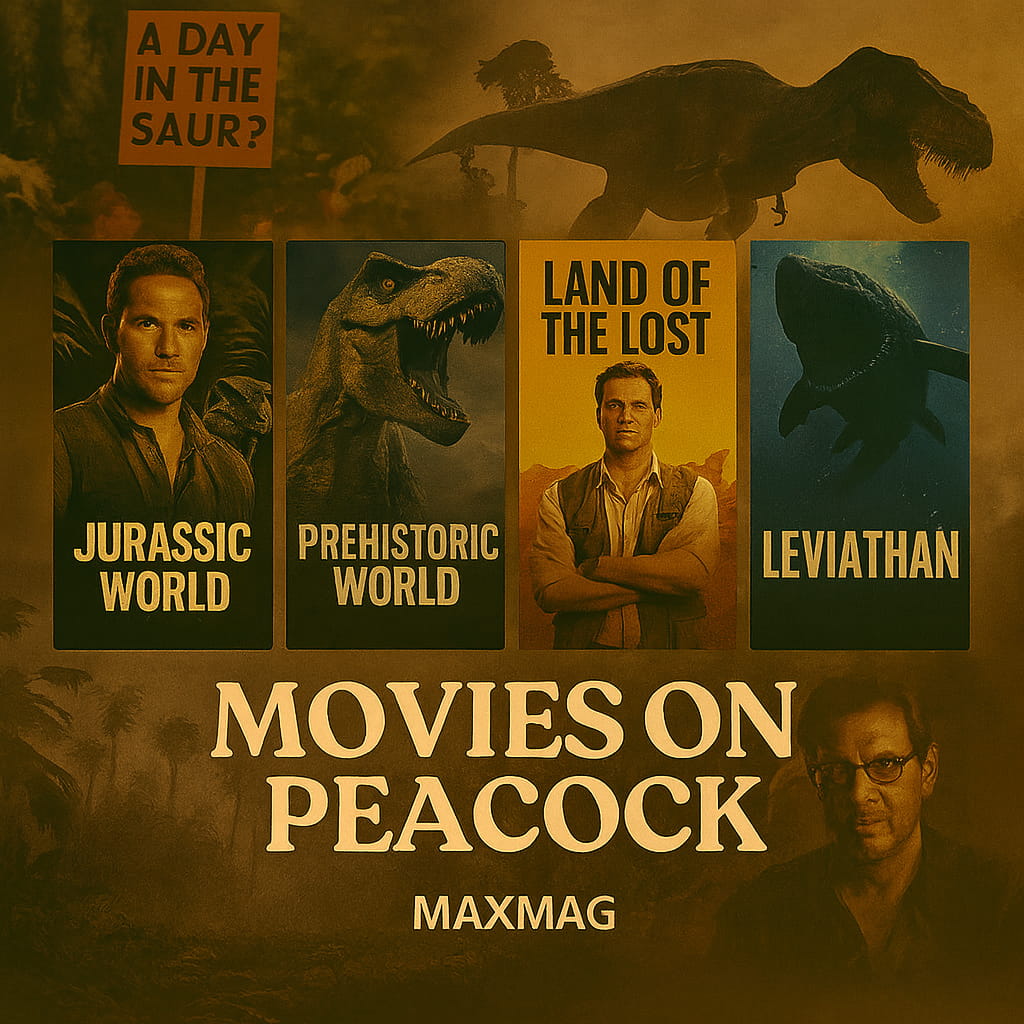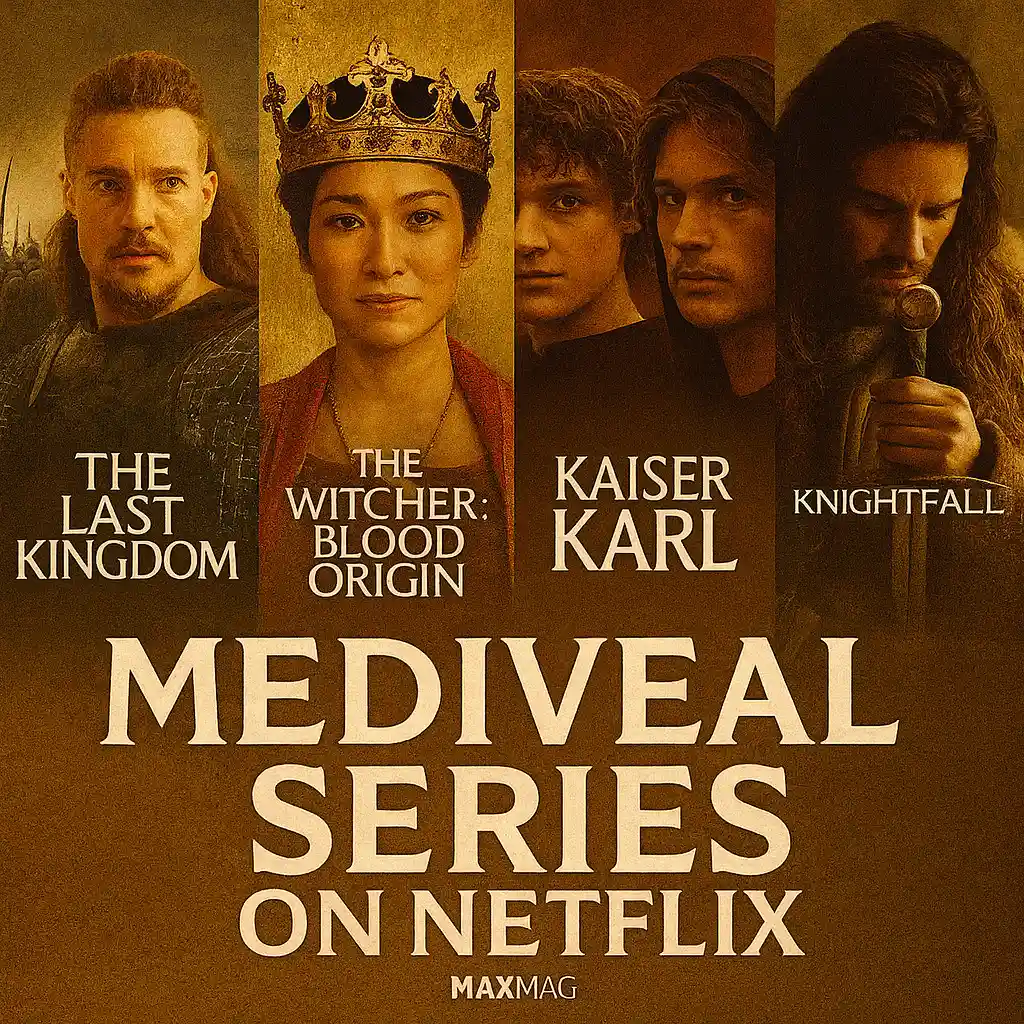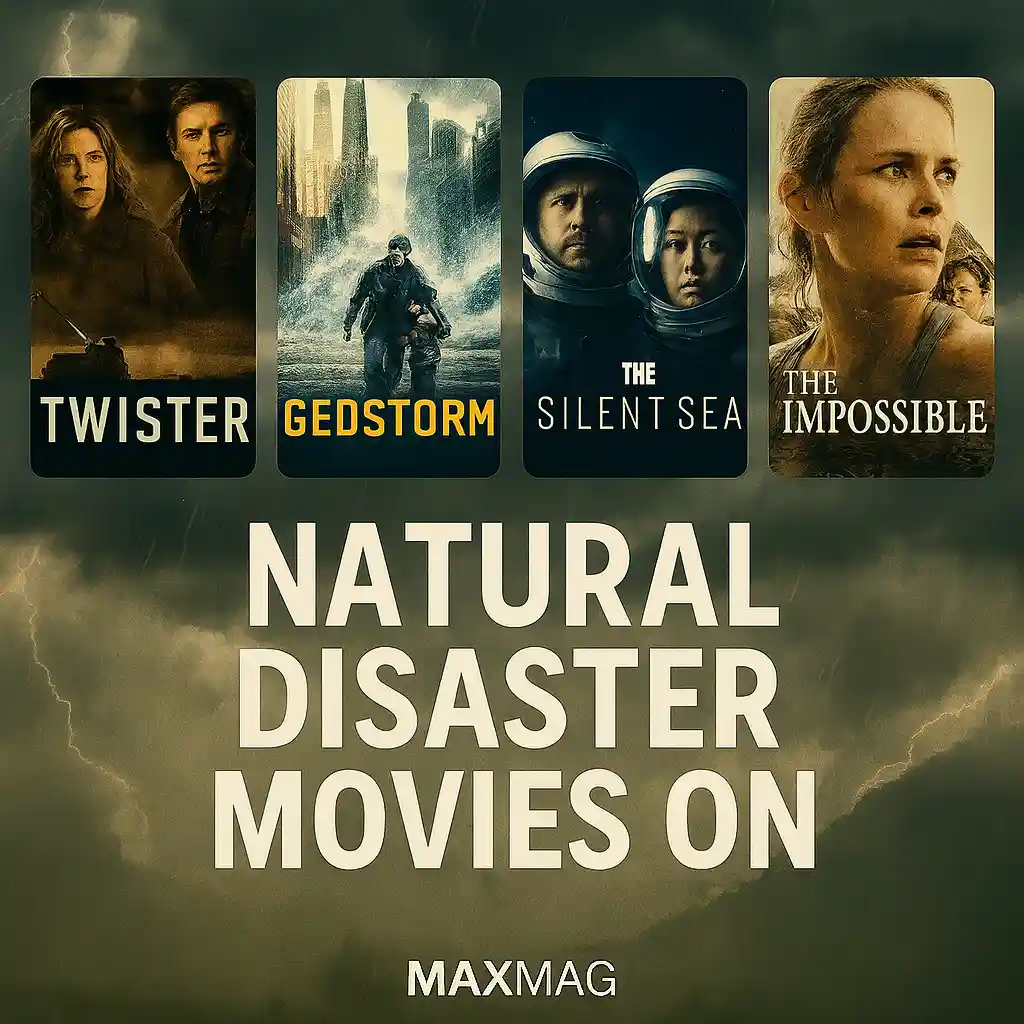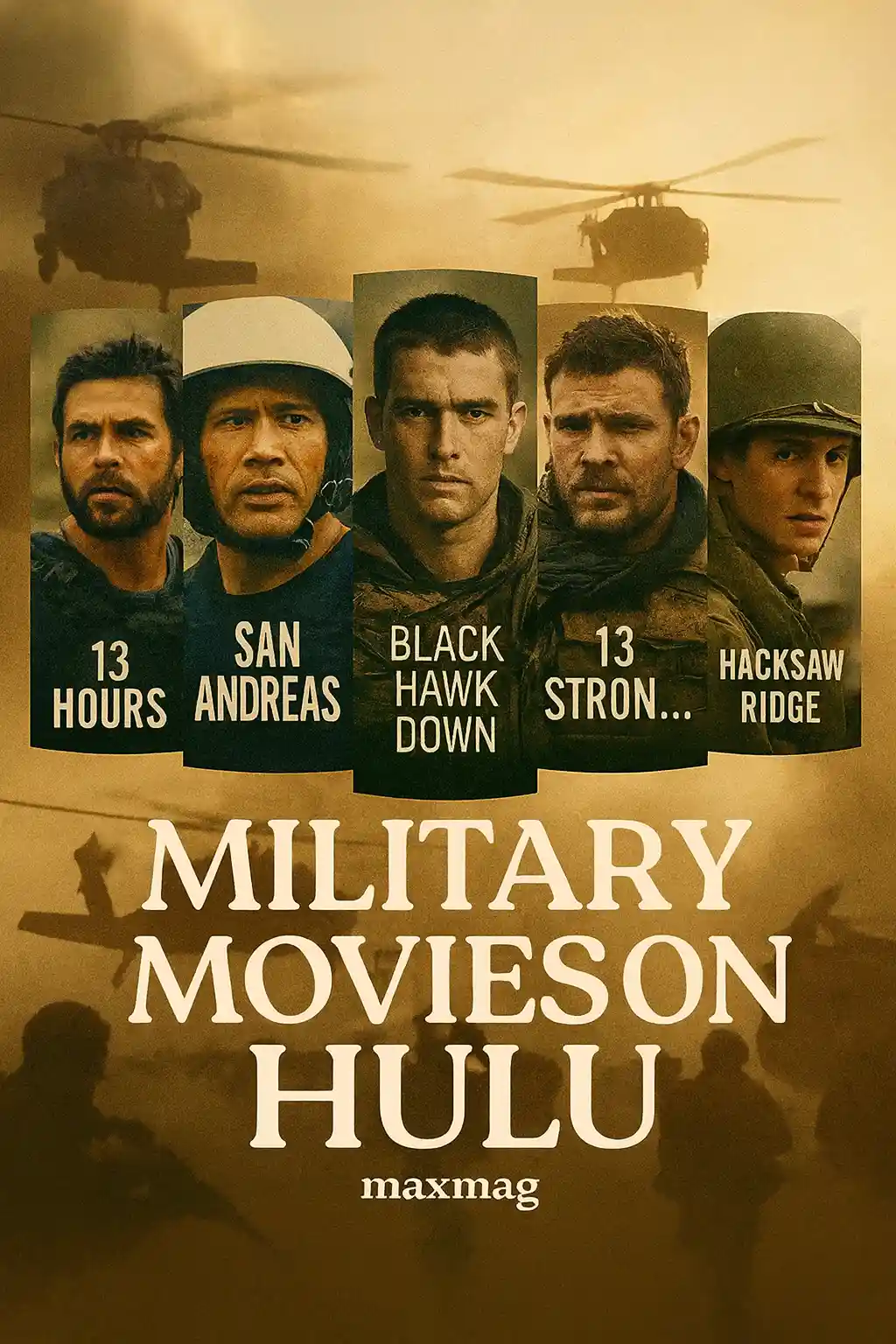
If you’re hunting tonight for military movies on Hulu, this guide lines up the most gripping war stories you can stream in one sitting. From boots-on-the-ground realism to historical sagas and pulse-pounding military thrillers, we sifted through Hulu war movies to bring you a watchlist that honors strategy, sacrifice, and the fog of war. Across eras and theaters—from WWII epics to modern warfare dramas—you’ll find combat movies that balance adrenaline with character, tactics with tension, and spectacle with substance. Whether you crave tightly choreographed missions, sprawling battlefield set pieces, or intimate stories about squads under pressure, these picks keep you locked in from briefing to extraction.
To help you choose fast, each entry highlights its core appeal, from maneuver and morale to leadership and loyalty, so your next night-in delivers the exact kind of tactical thrill you want. We’ve mixed Hollywood classics with newer frontline standouts, plus a few surprise operations you might have missed, so your queue stays fresh for weeks. Between the firefights and the quiet moments that test courage, these war films show how ordinary people face extraordinary stakes and how split-second decisions echo long after the mission. Strap in, check comms, and move out—the mission is to find the best military movies on Hulu and watch like a commander.
Locked & Loaded Watchlist: the best military movies on Hulu for tonight
1. Saving Private Ryan (1998)
Saving Private Ryan (1998) narrows its focus to WWII infantry tactics, trading sweeping rhetoric for decisions made in seconds and paid for in full. Directed by Steven Spielberg, it uses handheld camerawork and desaturated color to track movement, angles, and the small mistakes that spiral into crisis. The performances—led by Tom Hanks and Matt Damon—lean into duty versus grief, showing how leadership is tested when the map and the ground disagree. The film’s staging prefers assaults across open ground, so you feel the geometry of an approach and the exposure between pieces of cover. Setbacks come fast and without speeches, the way they do in real WWII infantry tactics, and the squad must improvise to survive. Unlike many war films, this one lingers on how sound, sand, and shrapnel disorient even trained soldiers, a detail that makes every decision carry weight. It also nods to the traditions of WWII epics, while keeping a clear eye on human limits. The opening landing remains a lesson in chaos control, and the search mission becomes a study in what a single life represents.
2. The Hurt Locker (2009)
The Hurt Locker (2009) narrows its focus to EOD work in Baghdad, trading sweeping rhetoric for decisions made in seconds and paid for in full. Directed by Kathryn Bigelow, it uses tight lenses and staccato cutting to track movement, angles, and the small mistakes that spiral into crisis. The performances—led by Jeremy Renner and Anthony Mackie—lean into addiction to danger, showing how leadership is tested when the map and the ground disagree. The film’s staging prefers slow, methodical approaches on hot streets, so you feel the geometry of an approach and the exposure between pieces of cover. Setbacks come fast and without speeches, the way they do in real EOD work in Baghdad, and the squad must improvise to survive. Unlike many war films, this one lingers on the ritual of putting on a bomb suit as a second skin, a detail that makes every decision carry weight. It also nods to the traditions of modern warfare dramas, while keeping a clear eye on human limits. What sticks is the trance of routine under fire and the way peacetime can feel stranger than the blast radius.
3. Zero Dark Thirty (2012)
Zero Dark Thirty (2012) narrows its focus to post‑9/11 intelligence pursuit, trading sweeping rhetoric for decisions made in seconds and paid for in full. Directed by Kathryn Bigelow, it uses unshowy, observational framing to track movement, angles, and the small mistakes that spiral into crisis. The performances—led by Jessica Chastain—lean into obsession as a form of stamina, showing how leadership is tested when the map and the ground disagree. The film’s staging prefers night raids and interagency briefings, so you feel the geometry of an approach and the exposure between pieces of cover. Setbacks come fast and without speeches, the way they do in real post‑9/11 intelligence pursuit, and the squad must improvise to survive. Unlike many war films, this one lingers on how intel wins are stitched from fragmentary, often contradictory signals, a detail that makes every decision carry weight. It also nods to the traditions of modern warfare dramas, while keeping a clear eye on human limits. It treats the raid as craft, not spectacle, and lets process speak louder than victory laps.
4. Hacksaw Ridge (2016)
Hacksaw Ridge (2016) narrows its focus to Pacific theater ground combat, trading sweeping rhetoric for decisions made in seconds and paid for in full. Directed by Mel Gibson, it uses clean blocking that turns high frames into impact to track movement, angles, and the small mistakes that spiral into crisis. The performances—led by Andrew Garfield—lean into faith held against orders, showing how leadership is tested when the map and the ground disagree. The film’s staging prefers vertical rescues under artillery, so you feel the geometry of an approach and the exposure between pieces of cover. Setbacks come fast and without speeches, the way they do in real Pacific theater ground combat, and the squad must improvise to survive. Unlike many war films, this one lingers on the ragged physics of medevac under direct fire, a detail that makes every decision carry weight. It also nods to the traditions of modern warfare dramas, while keeping a clear eye on human limits. Garfield plays conviction as action, and the battlefield answers with brutal tests of that resolve.
5. Full Metal Jacket (1987)
Full Metal Jacket (1987) narrows its focus to boot camp indoctrination and Hue urban fighting, trading sweeping rhetoric for decisions made in seconds and paid for in full. Directed by Stanley Kubrick, it uses precise compositions and ironic distance to track movement, angles, and the small mistakes that spiral into crisis. The performances—led by Matthew Modine and R. Lee Ermey—lean into identity being stripped and rebuilt, showing how leadership is tested when the map and the ground disagree. The film’s staging prefers house‑to‑house probes, so you feel the geometry of an approach and the exposure between pieces of cover. Setbacks come fast and without speeches, the way they do in real boot camp indoctrination and Hue urban fighting, and the squad must improvise to survive. Unlike many war films, this one lingers on the sonic grind of cadence and the emptiness that follows it, a detail that makes every decision carry weight. It also nods to the traditions of modern warfare dramas, while keeping a clear eye on human limits. Kubrick frames the system as a machine that can’t tell the difference between polishing and erasing a soul.
6. The Thin Red Line (1998)
The Thin Red Line (1998) narrows its focus to Guadalcanal’s ridgelines and tall grass, trading sweeping rhetoric for decisions made in seconds and paid for in full. Directed by Terrence Malick, it uses gliding, lyrical camera and whispered voiceover to track movement, angles, and the small mistakes that spiral into crisis. The performances—led by Sean Penn and Jim Caviezel—lean into nature’s indifference to men at war, showing how leadership is tested when the map and the ground disagree. The film’s staging prefers flanking moves through brush, so you feel the geometry of an approach and the exposure between pieces of cover. Setbacks come fast and without speeches, the way they do in real Guadalcanal’s ridgelines and tall grass, and the squad must improvise to survive. Unlike many war films, this one lingers on how quiet can be louder than gunfire when you expect it least, a detail that makes every decision carry weight. It also nods to the traditions of modern warfare dramas, while keeping a clear eye on human limits. It’s a war poem that still counts casualties, asking who we are when the world won’t answer back.
7. Pearl Harbor (2001)
Pearl Harbor (2001) narrows its focus to aerial assault and aftermath triage, trading sweeping rhetoric for decisions made in seconds and paid for in full. Directed by Michael Bay, it uses swooping VFX and big‑canvas staging to track movement, angles, and the small mistakes that spiral into crisis. The performances—led by Ben Affleck and Kate Beckinsale—lean into young love colliding with duty, showing how leadership is tested when the map and the ground disagree. The film’s staging prefers attack runs and makeshift surgery, so you feel the geometry of an approach and the exposure between pieces of cover. Setbacks come fast and without speeches, the way they do in real aerial assault and aftermath triage, and the squad must improvise to survive. Unlike many war films, this one lingers on the shock of a sky that turns from blue to fire in seconds, a detail that makes every decision carry weight. It also nods to the traditions of modern warfare dramas, while keeping a clear eye on human limits. The film favors sensation, but its ground view of nurses and crews adds human scale to the blast.
8. Midway (2019)
Midway (2019) narrows its focus to carrier warfare in the Pacific, trading sweeping rhetoric for decisions made in seconds and paid for in full. Directed by Roland Emmerich, it uses CGI blended with practical decks to track movement, angles, and the small mistakes that spiral into crisis. The performances—led by Ed Skrein and Woody Harrelson—lean into calculation under pressure, showing how leadership is tested when the map and the ground disagree. The film’s staging prefers dive‑bomber plunges and deck scrambles, so you feel the geometry of an approach and the exposure between pieces of cover. Setbacks come fast and without speeches, the way they do in real carrier warfare in the Pacific, and the squad must improvise to survive. Unlike many war films, this one lingers on the way luck rides shotgun with preparation in naval battles, a detail that makes every decision carry weight. It also nods to the traditions of modern warfare dramas, while keeping a clear eye on human limits. Its interest lies in timing—when to turn, when to climb—and how men learn a battle while still inside it.
Rally Point: reset your strategy with military movies on Hulu
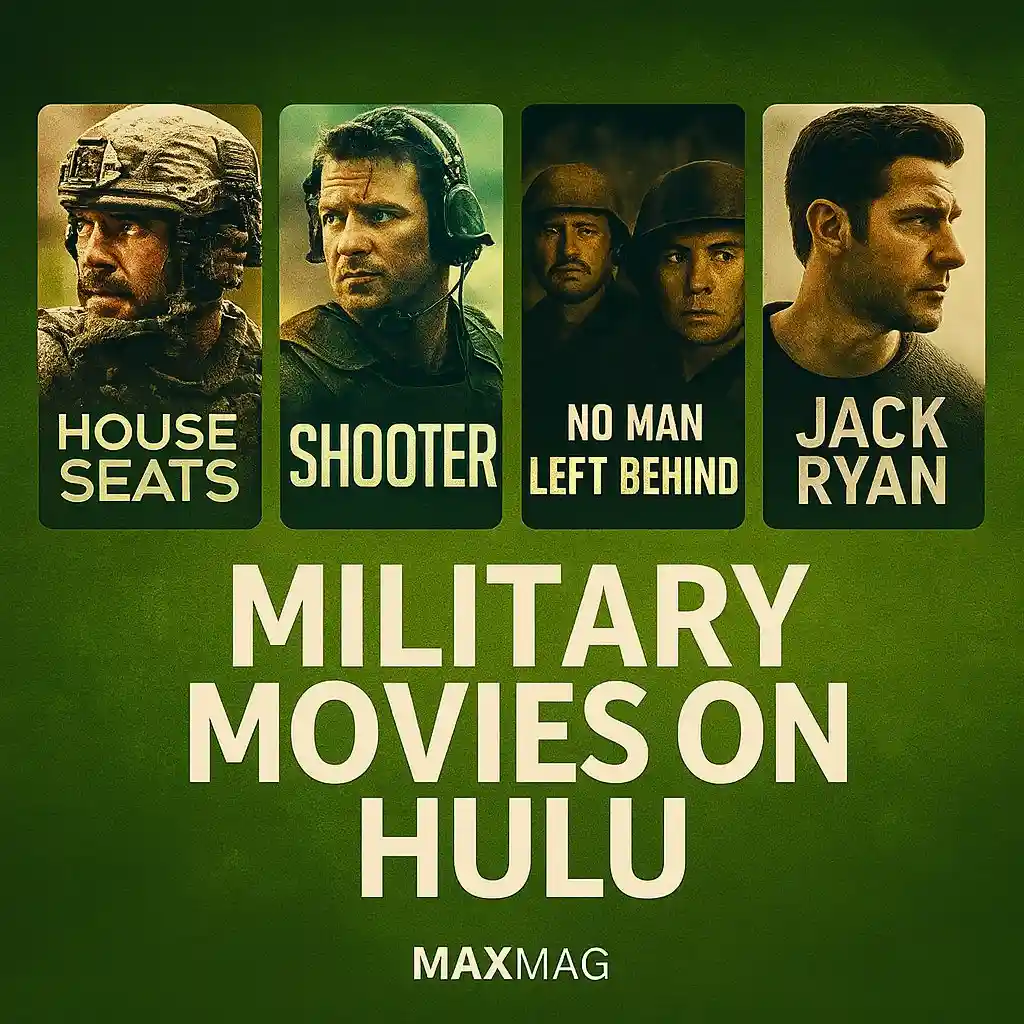
9. Dunkirk (2017)
Dunkirk (2017) narrows its focus to Evacuation by sea and sky, trading sweeping rhetoric for decisions made in seconds and paid for in full. Directed by Christopher Nolan, it uses cross‑cut temporal structure and minimal dialogue to track movement, angles, and the small mistakes that spiral into crisis. The performances—led by Fionn Whitehead and Mark Rylance—lean into endurance over heroics, showing how leadership is tested when the map and the ground disagree. The film’s staging prefers tight withdrawals and strafing runs, so you feel the geometry of an approach and the exposure between pieces of cover. Setbacks come fast and without speeches, the way they do in real Evacuation by sea and sky, and the squad must improvise to survive. Unlike many war films, this one lingers on the tyranny of time as the real antagonist, a detail that makes every decision carry weight. It also nods to the traditions of modern warfare dramas, while keeping a clear eye on human limits. It turns survival into choreography, showing how small boats can outmaneuver fear when orders are simple and clear.
10. Kingdom of Heaven (2005)
Kingdom of Heaven (2005) narrows its focus to medieval sieges and diplomacy, trading sweeping rhetoric for decisions made in seconds and paid for in full. Directed by Ridley Scott, it uses wide tableaux with textured production design to track movement, angles, and the small mistakes that spiral into crisis. The performances—led by Orlando Bloom and Eva Green—lean into honor tested by realpolitik, showing how leadership is tested when the map and the ground disagree. The film’s staging prefers sorties, sapping, and parley, so you feel the geometry of an approach and the exposure between pieces of cover. Setbacks come fast and without speeches, the way they do in real medieval sieges and diplomacy, and the squad must improvise to survive. Unlike many war films, this one lingers on the grind of logistics that keeps cities alive under siege, a detail that makes every decision carry weight. It also nods to the traditions of modern warfare dramas, while keeping a clear eye on human limits. Scott frames belief and power as separate weapons, each heavy in the wrong hands.
11. Sisu (2022)
Sisu (2022) narrows its focus to lone‑wolf retribution in Lapland, trading sweeping rhetoric for decisions made in seconds and paid for in full. Directed by Jalmari Helander, it uses crisp, pulpy framing and deadpan humor to track movement, angles, and the small mistakes that spiral into crisis. The performances—led by Jorma Tommila and Aksel Hennie—lean into survival as stubbornness, showing how leadership is tested when the map and the ground disagree. The film’s staging prefers ambushes on roads and bogs, so you feel the geometry of an approach and the exposure between pieces of cover. Setbacks come fast and without speeches, the way they do in real lone‑wolf retribution in Lapland, and the squad must improvise to survive. Unlike many war films, this one lingers on the tangible heft of blades, mines, and boots in the mud, a detail that makes every decision carry weight. It also nods to the traditions of modern warfare dramas, while keeping a clear eye on human limits. It’s exaggerated by design, but the physicality sells the myth as if it were a report.
12. Behind Enemy Lines (2001)
Behind Enemy Lines (2001) narrows its focus to Balkan air reconnaissance gone wrong, trading sweeping rhetoric for decisions made in seconds and paid for in full. Directed by John Moore, it uses blue‑steel palette and frantic pacing to track movement, angles, and the small mistakes that spiral into crisis. The performances—led by Owen Wilson and Gene Hackman—lean into mentorship at a distance, showing how leadership is tested when the map and the ground disagree. The film’s staging prefers evasion across fields and factories, so you feel the geometry of an approach and the exposure between pieces of cover. Setbacks come fast and without speeches, the way they do in real Balkan air reconnaissance gone wrong, and the squad must improvise to survive. Unlike many war films, this one lingers on the cold panic of being hunted with nowhere to call safe, a detail that makes every decision carry weight. It also nods to the traditions of modern warfare dramas, while keeping a clear eye on human limits. A tilt toward cat‑and‑mouse thrills keeps tactics legible even at speed.
13. Enemy at the Gates (2001)
Enemy at the Gates (2001) narrows its focus to Stalingrad’s sniper duels, trading sweeping rhetoric for decisions made in seconds and paid for in full. Directed by Jean‑Jacques Annaud, it uses long lenses and catwalk angles through rubble to track movement, angles, and the small mistakes that spiral into crisis. The performances—led by Jude Law and Rachel Weisz—lean into propaganda versus personal myth, showing how leadership is tested when the map and the ground disagree. The film’s staging prefers patient counters and decoys, so you feel the geometry of an approach and the exposure between pieces of cover. Setbacks come fast and without speeches, the way they do in real Stalingrad’s sniper duels, and the squad must improvise to survive. Unlike many war films, this one lingers on the silence between shots where nerves either hold or break, a detail that makes every decision carry weight. It also nods to the traditions of modern warfare dramas, while keeping a clear eye on human limits. It remembers that precision is a moral choice as much as a ballistic skill.
14. The Hunt for Red October (1990)
The Hunt for Red October (1990) narrows its focus to submarine brinkmanship in the North Atlantic, trading sweeping rhetoric for decisions made in seconds and paid for in full. Directed by John McTiernan, it uses shadowy lighting and controlled blocking to track movement, angles, and the small mistakes that spiral into crisis. The performances—led by Sean Connery and Alec Baldwin—lean into trust built in whispers, showing how leadership is tested when the map and the ground disagree. The film’s staging prefers sonar chess and coded maneuvers, so you feel the geometry of an approach and the exposure between pieces of cover. Setbacks come fast and without speeches, the way they do in real submarine brinkmanship in the North Atlantic, and the squad must improvise to survive. Unlike many war films, this one lingers on how sound becomes terrain when steel hides beneath waves, a detail that makes every decision carry weight. It also nods to the traditions of WWII epics, while keeping a clear eye on human limits. McTiernan treats procedure like suspense, letting confidence click into place like a hatch.
15. Glory (1989)
Glory (1989) narrows its focus to Civil War infantry and identity, trading sweeping rhetoric for decisions made in seconds and paid for in full. Directed by Edward Zwick, it uses grainy textures and period cadence to track movement, angles, and the small mistakes that spiral into crisis. The performances—led by Denzel Washington and Matthew Broderick—lean into dignity earned, not granted, showing how leadership is tested when the map and the ground disagree. The film’s staging prefers frontal charges and night watches, so you feel the geometry of an approach and the exposure between pieces of cover. Setbacks come fast and without speeches, the way they do in real Civil War infantry and identity, and the squad must improvise to survive. Unlike many war films, this one lingers on the blistering reality of boots, blisters, and bad rations, a detail that makes every decision carry weight. It also nods to the traditions of modern warfare dramas, while keeping a clear eye on human limits. Its final act is courage without guarantees, remembered in faces more than flags.
16. Platoon (1986)
Platoon (1986) narrows its focus to jungle patrols and moral attrition, trading sweeping rhetoric for decisions made in seconds and paid for in full. Directed by Oliver Stone, it uses sweaty close‑ups and subjective sound to track movement, angles, and the small mistakes that spiral into crisis. The performances—led by Charlie Sheen and Willem Dafoe—lean into young soldiers split by rival creeds, showing how leadership is tested when the map and the ground disagree. The film’s staging prefers bounding overwatch and ambush drills, so you feel the geometry of an approach and the exposure between pieces of cover. Setbacks come fast and without speeches, the way they do in real jungle patrols and moral attrition, and the squad must improvise to survive. Unlike many war films, this one lingers on the sickening drift from survival choices to cruelty, a detail that makes every decision carry weight. It also nods to the traditions of modern warfare dramas, while keeping a clear eye on human limits. Stone writes memory in heat haze, making ethics feel like terrain you can get lost in.
17. Black Hawk Down (2001)
Black Hawk Down (2001) narrows its focus to urban Mogadishu firefights, trading sweeping rhetoric for decisions made in seconds and paid for in full. Directed by Ridley Scott, it uses telephoto grit and rotor‑wash chaos to track movement, angles, and the small mistakes that spiral into crisis. The performances—led by Josh Hartnett and Eric Bana—lean into coordination under collapse, showing how leadership is tested when the map and the ground disagree. The film’s staging prefers convoy pinwheels and rooftop rescues, so you feel the geometry of an approach and the exposure between pieces of cover. Setbacks come fast and without speeches, the way they do in real urban Mogadishu firefights, and the squad must improvise to survive. Unlike many war films, this one lingers on the brutal math of distance, ammo, and minutes, a detail that makes every decision carry weight. It also nods to the traditions of modern warfare dramas, while keeping a clear eye on human limits. It’s a manual in what happens when plans meet a city that fights back at every corner.
18. 1917 (2019)
1917 (2019) narrows its focus to Western Front courier run, trading sweeping rhetoric for decisions made in seconds and paid for in full. Directed by Sam Mendes, it uses seam‑stitched long takes and spatial clarity to track movement, angles, and the small mistakes that spiral into crisis. The performances—led by George MacKay and Dean‑Charles Chapman—lean into duty reframed as relay, showing how leadership is tested when the map and the ground disagree. The film’s staging prefers creeping across craters and wire, so you feel the geometry of an approach and the exposure between pieces of cover. Setbacks come fast and without speeches, the way they do in real Western Front courier run, and the squad must improvise to survive. Unlike many war films, this one lingers on how the earth itself becomes a trap that refuses to let go, a detail that makes every decision carry weight. It also nods to the traditions of modern warfare dramas, while keeping a clear eye on human limits. The momentum turns responsibility into rhythm, pushing past fatigue to the next breath.
Final Push: elite military movies on Hulu to finish the mission
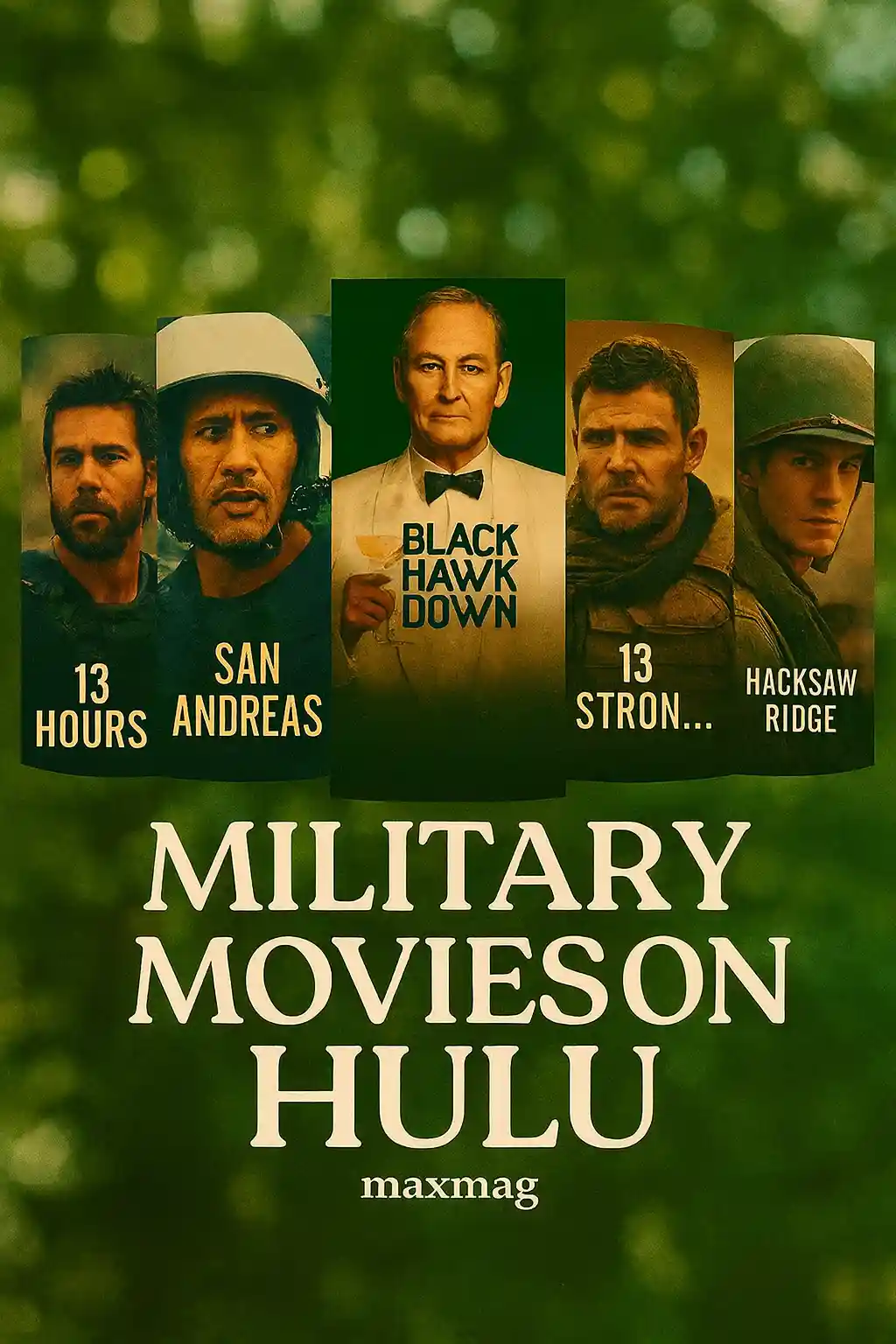
19. We Were Soldiers (2002)
We Were Soldiers (2002) narrows its focus to Ia Drang Valley air assault tactics, trading sweeping rhetoric for decisions made in seconds and paid for in full. Directed by Randall Wallace, it uses contrasting color temperatures and battlefield maps to track movement, angles, and the small mistakes that spiral into crisis. The performances—led by Mel Gibson and Greg Kinnear—lean into families bearing the ledger of risk, showing how leadership is tested when the map and the ground disagree. The film’s staging prefers LZ defense and broken contact, so you feel the geometry of an approach and the exposure between pieces of cover. Setbacks come fast and without speeches, the way they do in real Ia Drang Valley air assault tactics, and the squad must improvise to survive. Unlike many war films, this one lingers on the churn of radios, rotors, and resolve under fire, a detail that makes every decision carry weight. It also nods to the traditions of modern warfare dramas, while keeping a clear eye on human limits. It honors the notebook keepers as much as the point men who write the first line.
20. The Kill Team (2019)
The Kill Team (2019) narrows its focus to moral collapse inside a small unit, trading sweeping rhetoric for decisions made in seconds and paid for in full. Directed by Dan Krauss, it uses documentary instincts and tight framing to track movement, angles, and the small mistakes that spiral into crisis. The performances—led by Nat Wolff and Alexander Skarsgård—lean into conscience versus command pressure, showing how leadership is tested when the map and the ground disagree. The film’s staging prefers patrol routines turned into traps, so you feel the geometry of an approach and the exposure between pieces of cover. Setbacks come fast and without speeches, the way they do in real moral collapse inside a small unit, and the squad must improvise to survive. Unlike many war films, this one lingers on the weight of silence when reporting feels like betrayal, a detail that makes every decision carry weight. It also nods to the traditions of modern warfare dramas, while keeping a clear eye on human limits. It asks what bravery looks like when the enemy might be wearing your patch.
21. The Ministry of Ungentlemanly Warfare (2024)
The Ministry of Ungentlemanly Warfare (2024) narrows its focus to covert WWII sabotage, trading sweeping rhetoric for decisions made in seconds and paid for in full. Directed by Guy Ritchie, it uses snappy cutting and swaggering banter to track movement, angles, and the small mistakes that spiral into crisis. The performances—led by Henry Cavill and Eiza González—lean into audacity as a tactic, showing how leadership is tested when the map and the ground disagree. The film’s staging prefers hit‑and‑fade raids with bespoke gadgets, so you feel the geometry of an approach and the exposure between pieces of cover. Setbacks come fast and without speeches, the way they do in real covert WWII sabotage, and the squad must improvise to survive. Unlike many war films, this one lingers on the thrill of plans that weaponize style, a detail that makes every decision carry weight. It also nods to the traditions of WWII epics, while keeping a clear eye on human limits. Ritchie stages derring‑do as craft, tipping his hat to irregulars who rewrote the rulebook.
22. Sand Castle (2017)
Sand Castle (2017) narrows its focus to Iraq War civil‑military friction, trading sweeping rhetoric for decisions made in seconds and paid for in full. Directed by Fernando Coimbra, it uses dust‑glazed frames and weary close‑ups to track movement, angles, and the small mistakes that spiral into crisis. The performances—led by Nicholas Hoult and Henry Cavill—lean into ordinary grunts learning diplomacy on the fly, showing how leadership is tested when the map and the ground disagree. The film’s staging prefers convoy escorts and busted infrastructure, so you feel the geometry of an approach and the exposure between pieces of cover. Setbacks come fast and without speeches, the way they do in real Iraq War civil‑military friction, and the squad must improvise to survive. Unlike many war films, this one lingers on the quiet dread of promising help you’re not sure you can deliver, a detail that makes every decision carry weight. It also nods to the traditions of modern warfare dramas, while keeping a clear eye on human limits. It reminds us that rebuilding is another battlefield, with different wounds and harder wins.
Debrief & Next Ops: where to explore the best military movies on Hulu next
Mission accomplished. You’ve got a battle-tested queue that covers combat movies, Iraq War movies, and Afghanistan war films across eras and fronts. When you want to expand the operation, study broader criticism and curated rundowns to understand how these conflicts are portrayed on screen, what’s accurate, and what’s cinematic license.
For deeper dives, try these trusted resources: Rotten Tomatoes’ guide to the best war movies and History.com’s World War II portal. Both links are informative companions for surveying strategy-forward storytelling and real-world context.
FAQ: smart ways to stream military movies on Hulu
Q1: What are the best military movies on Hulu right now?
Q2: Do these films focus on real battles or fictional stories?
Q3: Are modern wars like Iraq and Afghanistan represented?
Q4: Which movie should I start with as a newcomer?
Q5: How accurate are these military movies on Hulu?
Q6: Do these films only cover American soldiers?


